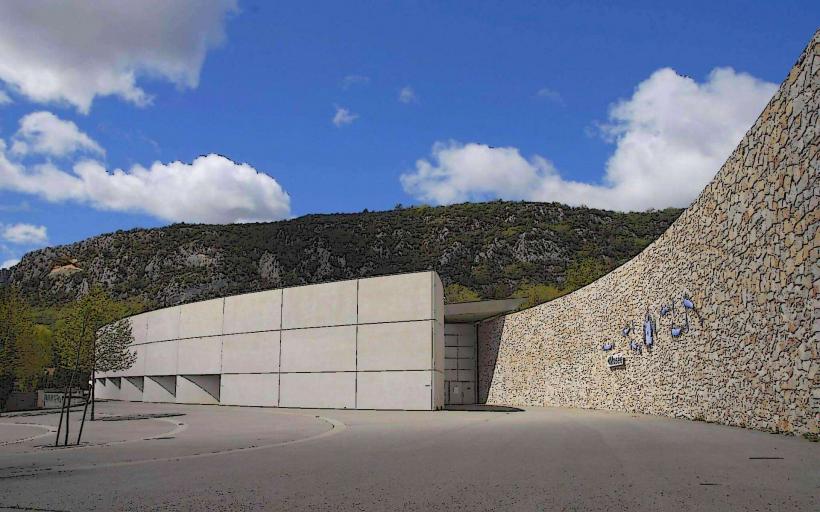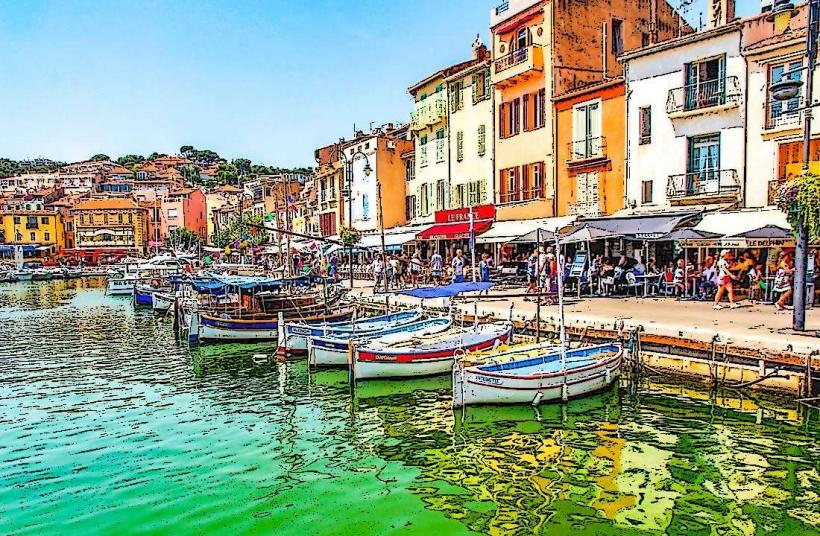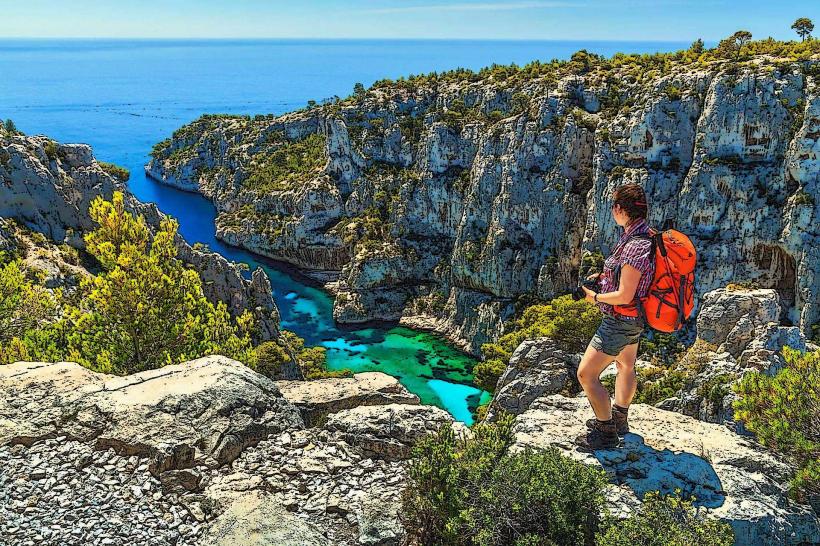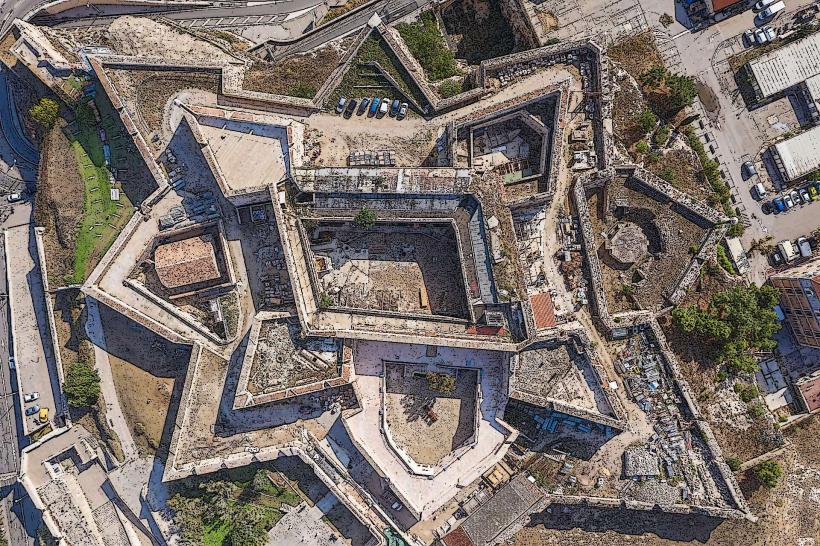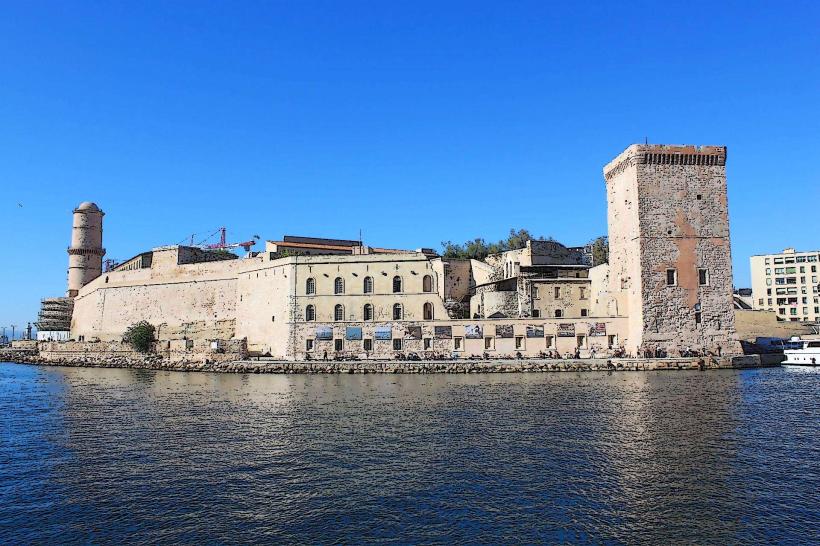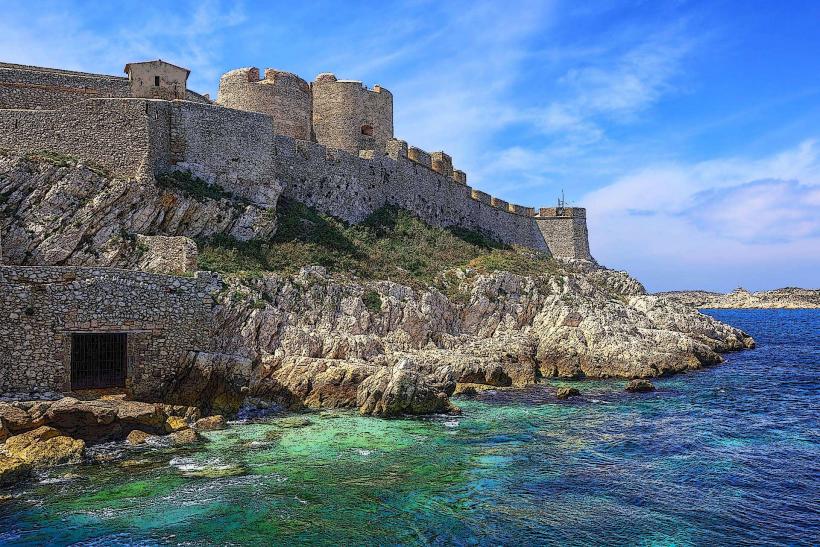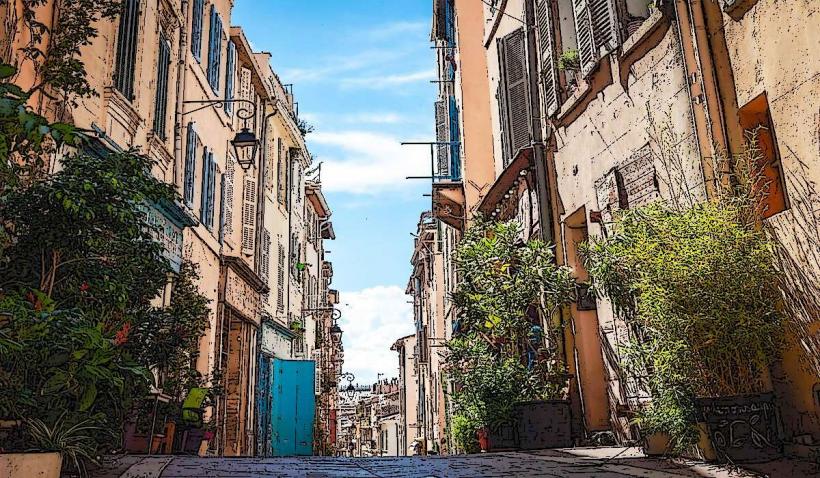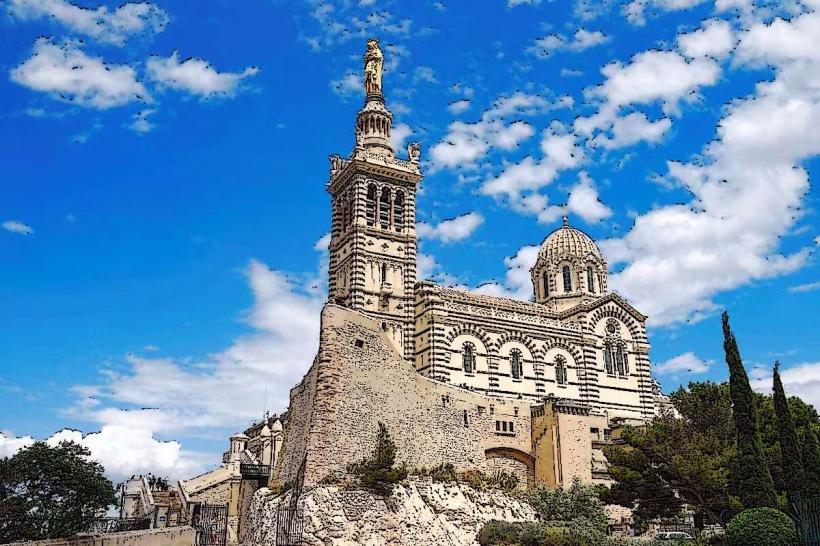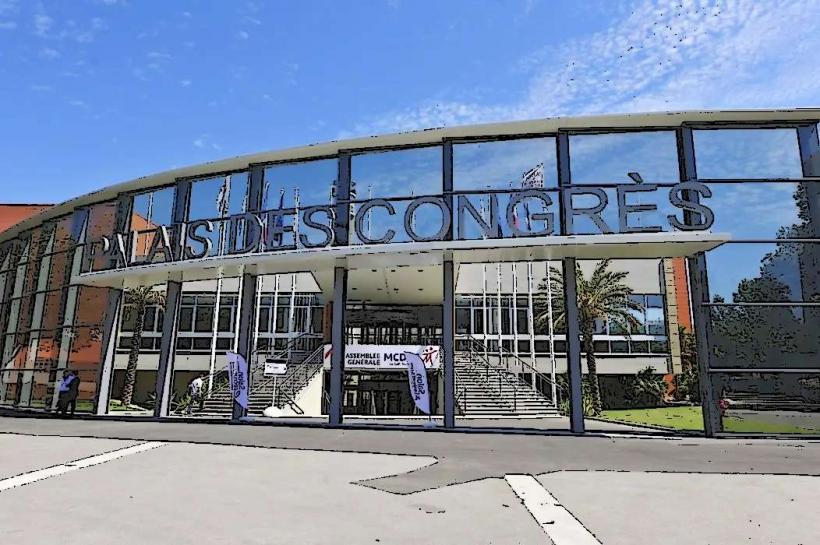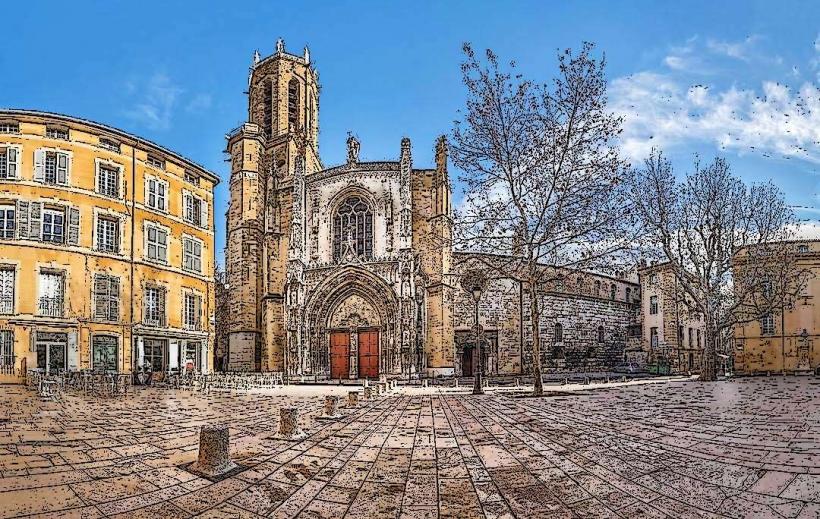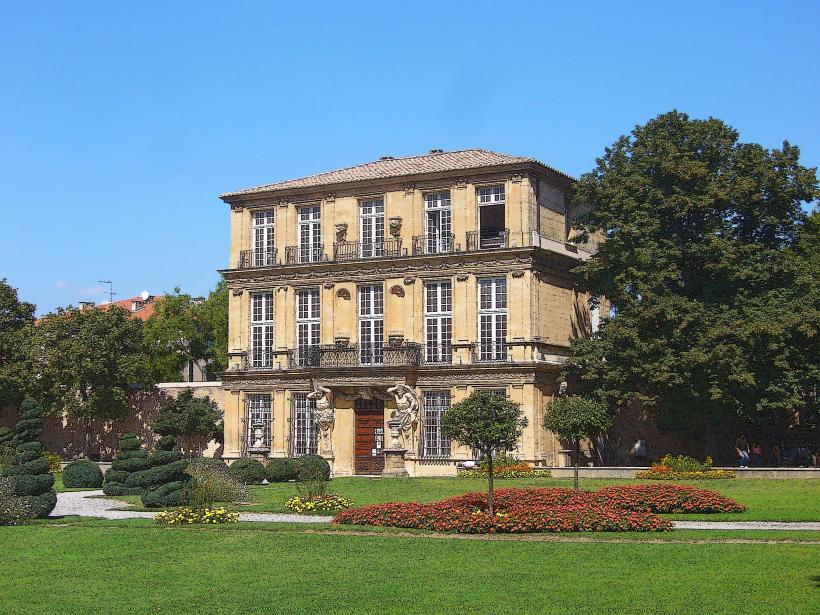Information
City: MarseilleCountry: France
Continent: Europe
Marseille, located in the south of France, is the country’s second-largest city and a major port on the Mediterranean coast. It is known for its rich history, diverse culture, and vibrant atmosphere. Here’s a detailed overview of this historic city:
1. History of Marseille
- Founding and Early History: Marseille is one of the oldest cities in France, founded around 600 BC by Greek sailors from Phocaea, hence the city's ancient name, Massalia. It has a long history as a trading hub due to its strategic location on the Mediterranean, and it developed as an important port city.
- Roman and Medieval Periods: In the Roman era, Marseille became a significant center of commerce. After being annexed by Rome in 49 BC, it continued to thrive. During the medieval period, the city’s strategic importance was bolstered by its role in maritime trade with the Byzantine Empire, and later with the Crusaders.
- Modern Era: Over the centuries, Marseille was influenced by various cultures, from the Romans to the Moors and the French. In the 19th century, the city became an industrial hub, especially known for its shipping and trade. The development of the Phocaean Canal in the 18th century contributed to its growth as a port.
- Cultural Significance: Marseille has often been seen as a city with a unique identity, distinct from Paris. It has been a melting pot of cultures due to immigration, which has shaped its food, language, and arts. Its people have a reputation for being proud, independent, and welcoming.
2. Landmarks and Attractions
Marseille boasts a wide range of landmarks, from historic sites to modern architectural feats.
Notre-Dame de la Garde: This basilica, perched atop a hill overlooking the city, is one of Marseille’s most famous landmarks. It offers stunning panoramic views of the city and the Mediterranean Sea. The church itself is an important religious site and a symbol of the city, dedicated to the Virgin Mary as the protector of sailors.
Vieux-Port (Old Port): The heart of Marseille, the Vieux-Port has been the city’s center of trade for centuries. The area is lined with cafés, restaurants, and bars, and you can find fishing boats, yachts, and ferries docked in the harbor. The Fort Saint-Nicolas and Fort Saint-Jean, historic military fortifications, can be seen from the port.
MuCEM (Museum of European and Mediterranean Civilizations): Located near the Vieux-Port, this modern museum is dedicated to the cultural heritage of the Mediterranean region. The museum’s architecture is a blend of contemporary and historic styles, and its open-air terraces offer beautiful views of the sea and the city.
Château d’If: Located on a small island off the coast of Marseille, the Château d’If is a famous fortress and prison, most well-known for being the setting of Alexandre Dumas' novel "The Count of Monte Cristo." Visitors can take a boat ride to the island to tour the historic site and enjoy views of the Mediterranean.
La Canebière: This is the main thoroughfare in central Marseille, lined with shops, restaurants, and theaters. It stretches from the Vieux-Port up to the Rue de Rome. The avenue has been an important part of the city's commercial life for centuries.
Le Panier District: One of the oldest neighborhoods in Marseille, Le Panier is known for its narrow, winding streets, colorful houses, and vibrant street art. It’s a charming area full of history and local shops, with many small cafés and bistros. The area is also home to the La Vieille Charité, a former almshouse turned cultural center.
The Calanques National Park: Just outside the city, the Calanques are a series of stunning limestone cliffs and turquoise bays that stretch along the Mediterranean coast. This national park is a haven for hikers, swimmers, and nature lovers, offering spectacular views and crystal-clear waters.
3. Culture and Art
Diverse Cultural Influences: Marseille’s history as a port city has made it a melting pot of cultures, with influences from Africa, Italy, and the Middle East. This diversity is reflected in the city’s food, music, and festivals. Marseille is known for its Rap music scene, which has been an important part of the city’s contemporary culture, as well as its famous Opera House.
Music and Festivals: The city is home to the annual Fête de la Musique, a music festival celebrated across France, where local and international artists perform in the streets and public spaces. The Marseille Provence 2013 cultural event, which designated the city as the European Capital of Culture, was a significant milestone in its cultural resurgence.
Cuisine: Marseille’s culinary identity is influenced by its proximity to the sea and its historical trade connections. The city is renowned for its bouillabaisse (a traditional fish stew), as well as fresh seafood, olive oil-based dishes, and panisse (chickpea flour fritters). You’ll find local specialties at the Vieux-Port markets, and the city’s Mediterranean flavors make it an exciting place for food lovers.
4. Economy and Industry
Port City: As one of the largest ports in France and the Mediterranean, Marseille is an essential hub for trade and transportation. The Port of Marseille handles the majority of France's cargo traffic and is also a significant stop for cruise ships.
Industry: Historically, Marseille was a center for shipbuilding and petroleum refining. While the city has shifted toward the service sector, including tourism, it still retains significant industrial activity, particularly in chemical production, aerospace, and technology.
Tourism: Marseille has increasingly become a popular tourist destination, attracting visitors with its unique blend of history, culture, and Mediterranean lifestyle. Attractions such as the Vieux-Port, MuCEM, and the Calanques National Park are just the start of what the city offers. It has also been named a UNESCO World Heritage site for its maritime heritage.
5. Transportation
Public Transport: Marseille has an extensive public transport system that includes buses, trams, and the Métro (subway). The Marseille Métro has two lines, which cover much of the city. The tram network is also expanding and is a great way to explore the city.
Airport: The Marseille Provence Airport is located about 25 kilometers north of the city and serves as a major international gateway, with flights to destinations across Europe and beyond.
Trains: Marseille is well-connected to other cities in France and Europe via the TGV high-speed rail network. It is an excellent base for exploring the Provence region and the French Riviera.
6. Climate
Marseille enjoys a Mediterranean climate characterized by mild, wet winters and hot, dry summers. The city’s coastal location provides a temperate climate, with average temperatures ranging from 10°C (50°F) in winter to 30°C (86°F) in summer. The Mistral, a strong northwesterly wind, is a well-known feature of the region and can significantly affect the weather, especially in the winter.
7. Nightlife
Vieux-Port: The area around the Vieux-Port is lively at night, with many bars and restaurants offering great views of the harbor. It’s a popular spot for both locals and tourists to enjoy a drink and watch the sunset.
Le Panier District: This area is known for its vibrant nightlife, with a variety of intimate bars, local music venues, and clubs. Cours Julien, a hip area known for its street art and creative vibe, is another popular nightlife destination.
Conclusion
Marseille is a dynamic city that blends ancient history with modern vibrancy, Mediterranean charm with cosmopolitan flair. Whether you’re exploring its bustling harbor, relaxing on the beaches, enjoying the local cuisine, or experiencing its artistic spirit, Marseille offers a unique experience that captures the essence of southern France. With its rich diversity, fascinating history, and picturesque landscapes, it’s a city that continues to captivate both locals and visitors alike.

